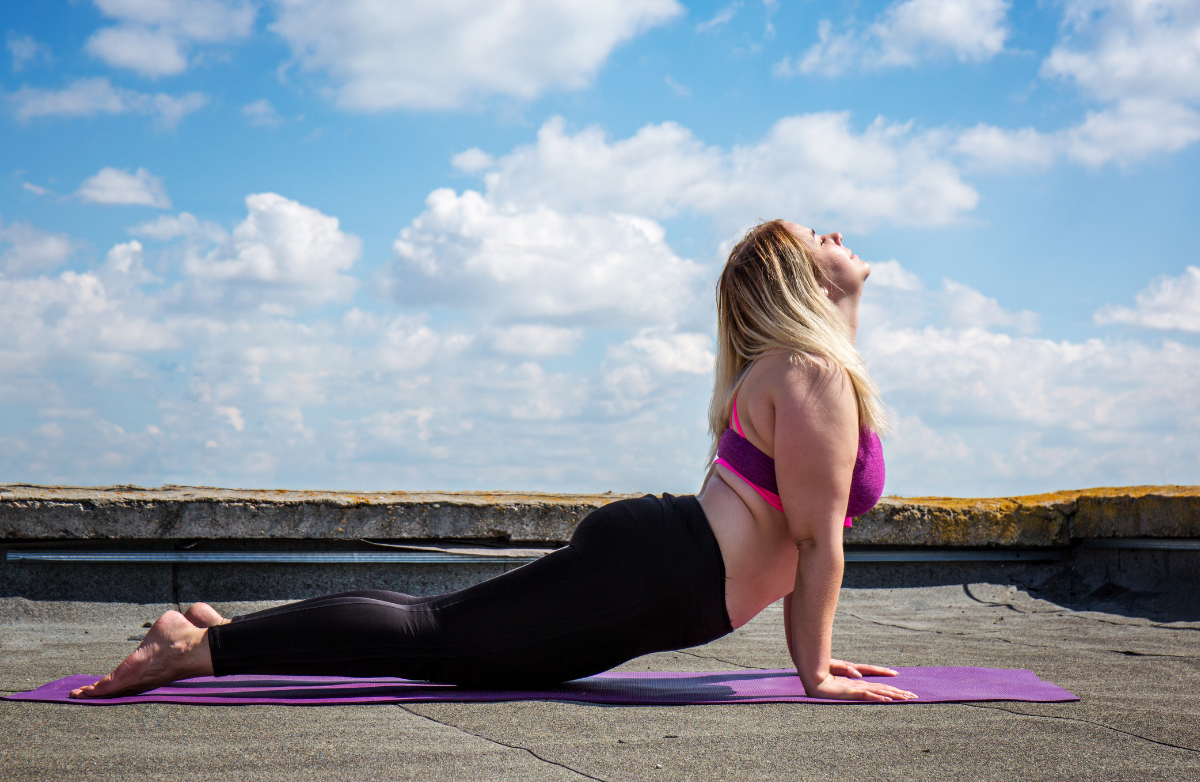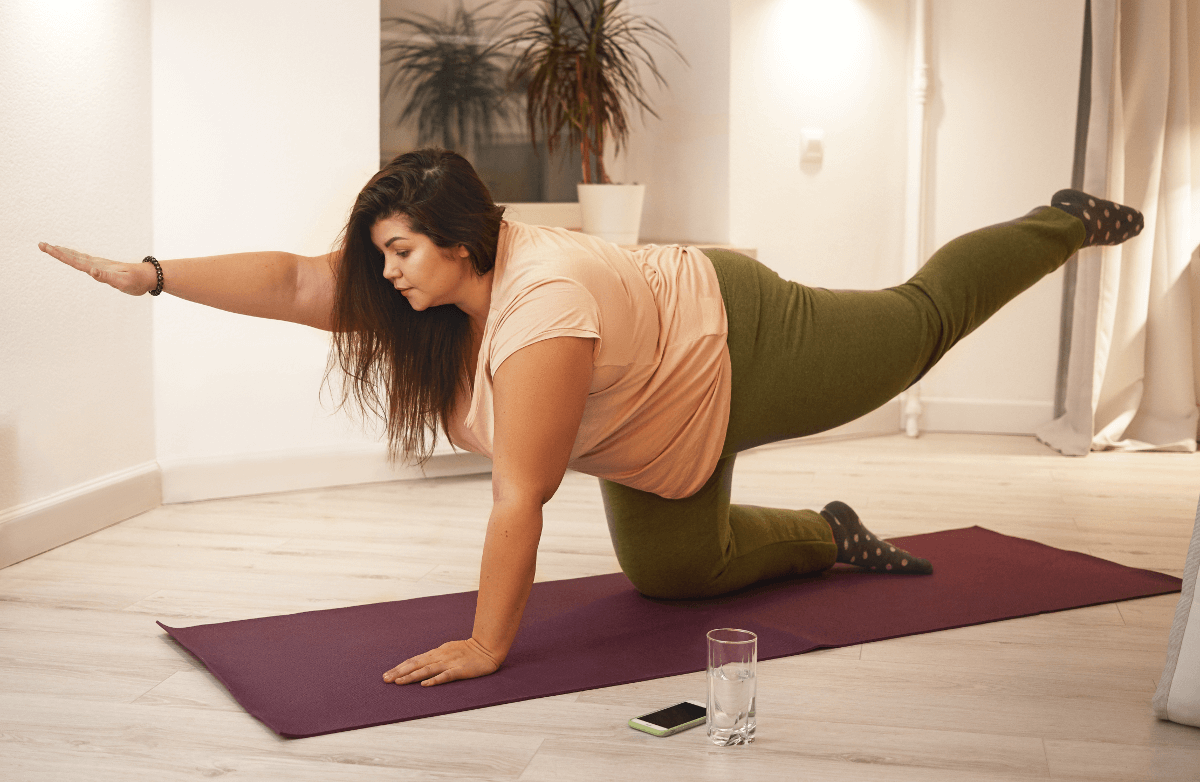
It seems difficult. You aren’t sure where to begin. You assume you’re not fit enough, not young enough or just not meant to be a runner. But why? The reality is that runners come in all shapes, sizes, ages and fitness levels. If you have the desire and the knowledge, you can become a runner—and even learn to like it.
Whether you're intimidated because you worry you'll feel short or breath or you don't know what shoes to wear, the truth is that any new activity, including running, can feel uncomfortable or awkward at first. With some patience and willingness to learn, though, running can become an activity that you can do anytime and anywhere as an efficient way to get a full-body burn in a short amount of time.
Good For Your Body and Mind
The physical benefits of aerobic activities like running are well established. Research has proven that running is good for your health in a variety of ways, any one of which could be your motivation to lace up your sneakers.
- Running reduces the risk of death from all causes, including cardiovascular disease.
- Aerobic exercises (such as running) regulate blood pressure.
- Running is a load-bearing activity that improves bone health.
- It raises your level of HDL (“good”) cholesterol.
Besides the physical, running has profound psychological effects, as well, most notably the intense exhilaration and euphoria that many runners experience. This natural rush, commonly referred to as the "runner's high", comes from the release of endorphins, which pour into your system after exertion as nature’s way of preventing pain.
Although it’s not a replacement for professional help, aerobic exercise has been effective at helping treat depression. It also helps relieve anxiety, tension and fatigue. Other psychological benefits of running include:
- Increased confidence as you reach for and achieve distance goals
- Relieved stress and the ability to cope with problems more effectively
- A positive attitude and general sense of happiness
- Boosted self-esteem related to positive changes in your body, such as muscle definition or weight loss
Get Started on the Right Foot
Do you just lace up your shoes, take off running and see how long you can last right out of the gate? Not exactly. Realize that it may take a little while to build up your endurance, but if you stick to a regular routine, you can see positive results in a short period of time. Keep these pro running tips in mind to get off to a smooth start.
- Visit a specialty running store to be properly fitted for shoes. Every foot and stride is different, and wearing the wrong shoes can give you all kinds of aches and pains.
- Dress for the weather. As you start running your core body temperature will begin to rise. Because of this, many experts advise runners to dress as though it were 10 degrees warmer than the actual air temperature.
- You shouldn’t be gasping for air. If you can’t catch your breath while running, slow down. To know your pace is about right, you should be able to answer a question but not comfortably carry on a full conversation.
- Incorporate running into your exercise routine a few days a week. Running is a high-intensity activity and your body needs time to recover, so it’s not something you want to do every day. Protect your body from injury by using active recovery days between long runs to stretch, strength train or take walks. Consider following a training program to help you slowly increase your endurance in a safe way.
Once you have the basics down, learning to enjoy the activity is all about discovering how running can impact your mental health, social life and more. If you're struggling to get started or worry about accountability, running can be a great way to spend time with friends and meet like-minded fitness lovers. Ask a buddy if they want to train for a 5K together, join a running group in your area that meets a few times a week, or start an office challenge that runs at lunchtime. Instead of feeling like another chore on your to-do list, running with others can be a social activity that pushes you to stay consistent with your goals.
If you prefer to keep to yourself, running can be a way of actively meditating as you become one with your breathing. Problems and thoughts that might have been swirling around your mind disappear when you’re deep in the rhythm of your footsteps—you might even discover the perfect solution when you’re done with your workout! For the over-stressed or busy runner, having 30 minutes or an hour of time to clear the head and listen to a podcast or new album can become the only motivation they need to take the first stride.
Forget your past running experiences and consider this a new adventure! By setting reasonable expectations, resisting comparison to others and finding a way to enjoy the time of solitude—or the company of friends—your love for running will develop in no time.













